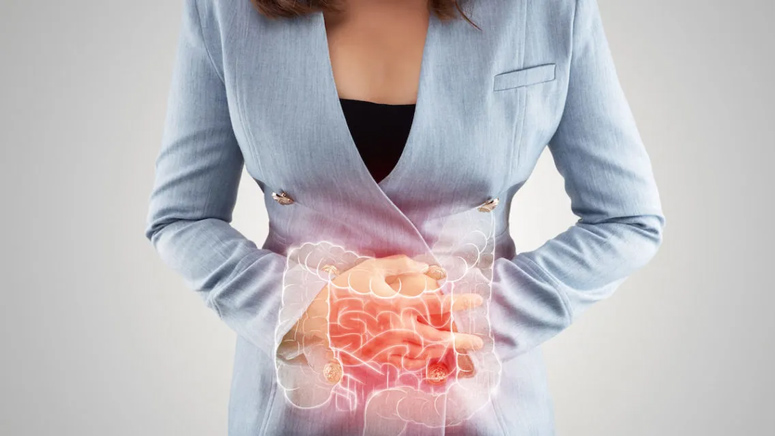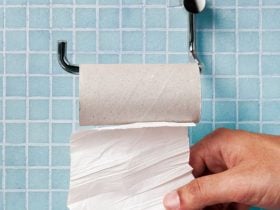Many of us are aware when our gut is not feeling right. For instance, we might experience pain, cramping, or a change in bowel habits. Diverticular disease is a common gastrointestinal (GI) issue that many people don’t know they have until it is either found through a test or they start experiencing symptoms.
Diverticulosis and diverticulitis are the two subtypes of diverticular disease. Patients with diverticular disease may find them confounding because they have names that are similar. However, these are two different diagnoses, and the severity and course of treatment vary.
A gastroenterologist [1] will always ensure that their patients comprehend the distinction. Diverticulosis and diverticulitis cannot always be avoided, but by being aware of the signs and recognising the problems, you can get the therapy you require. It might even save your life in some circumstances.
Difference between Diverticulosis and Diverticulitis

Diverticulosis and diverticulitis are conditions that occur in the colon. Diverticulosis is quite common and tends to go unnoticed. On the other hand, diverticulitis is not as common, and it cause pain leading to complications.
- Diverticulosis occurs when small pouches or sacs, called diverticula, develop in the colon wall. It doesn’t typically cause symptoms and may go undetected until a person undergoes routine imaging tests or a procedure like a colonoscopy.
- Diverticulitis occurs when diverticula gets inflamed or infected. Diverticulitis typically causes sudden, severe abdominal symptoms.
Diverticulosis may be a typical aging condition. More than 30% of those in the age of 50 to 59 range and more than 70% of those over 80 years old are affected. Diverticulitis, however, only happens in less than 15% of patients with diverticulosis.
Diverticulosis’s root cause is not entirely understood by specialists. The colon’s walls may become weakened as a result of intestinal muscle spasms or straining during bowel movements. Diverticulitis risk factors include low-fiber diets, sedentary lifestyles, regular use of NSAIDs [2] like aspirin or ibuprofen, smoking, and having too much body fat. Diverticulitis can affect everyone with diverticulosis, but it is impossible to determine who will have it and who won’t.













